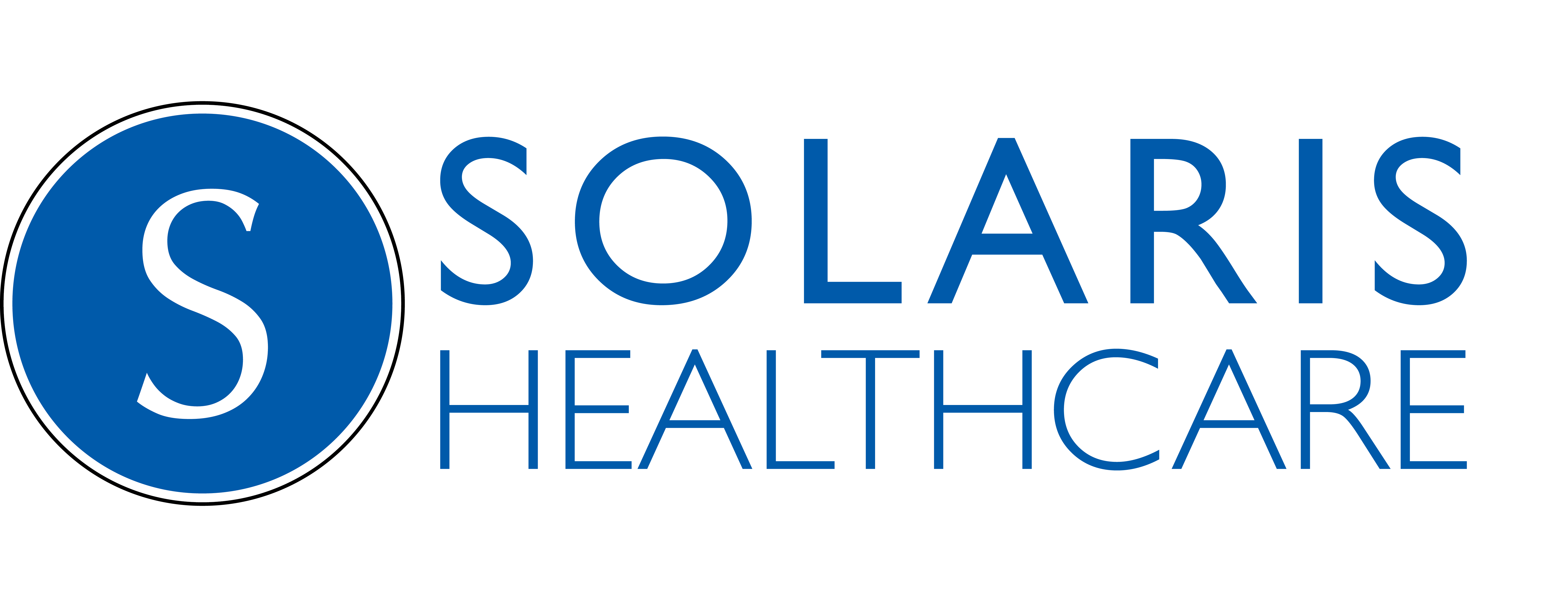HOSPICE – WHERE TO
BEGIN?
1. PATIENT REFERRAL
Hospice care begins with a request from you or a referral from your doctor when a curative treatment is no longer an option or no longer desired. We contact you within two hours of referral to talk about your care answer any questions.
2. ADMISSION
A specialized admission nurse will visit at a time of your choosing. At that time we will assess your individual needs to develop an individualized plan of care. Admission typically occurs within 24 hours and often the same day as referral.
3. PERSONALIZED CARE
Solaris Healthcare provides nursing care with an emphasis on expert pain and symptom management, social work and chaplain services, personal hospice aide assistance, caregiver education and support, volunteers, medical equipment, medication, and supplies. Our focus is on comfort and quality of life. The Solaris team is available 24/7, including holidays and weekends.
4. FINAL DAYS
Solaris provides comfort, support, and extra care at the end of life. In specific cases, care can even be provided around the clock by a specialized team of nurses. Help for loved ones with appropriate notifications and final arrangements is also available.
5. GRIEF SUPPORT
When hospice care ends, we’re still here. Loved ones receive bereavement care, grief support resources, education and follow-up for up to thirteen months.
FOUR LEVELS OF CARE
Routine Home Care
Routine home care is provided in the patient’s home, whether that be a private residence, a skilled nursing facility, or assisted living facility. The day-to-day hands on care is provided by a caregiver and/or family. The hospice team provides intermittent visits as part of the individualized plan of care for the patient, and are always available on-call, 24 hours a day.
Continuous Care
When medically necessary, acute symptom management is provided at home or in another facility by hospice staff in shifts of up to 24 hours/day so the patient can avoid hospitalization.
Inpatient Care
Sometimes patients need more care than can be provided at home. In these cases, inpatient care may be needed. If the patient’s symptoms cannot be managed at home, or medications need to be changed and close monitoring is required, we can help. Inpatient services are most often provided in your local hospital. Your care team can arrange inpatient care in a local contracted facility when needed.
Respite Care
Respite care is a level of care provided specifically with the caregiver in mind. A primary caregiver may require a break from caregiving duties. To accommodate this, a short stay can be arranged for the patient in a local care facility when available. Respite care is generally provided for no longer than 5 days.




